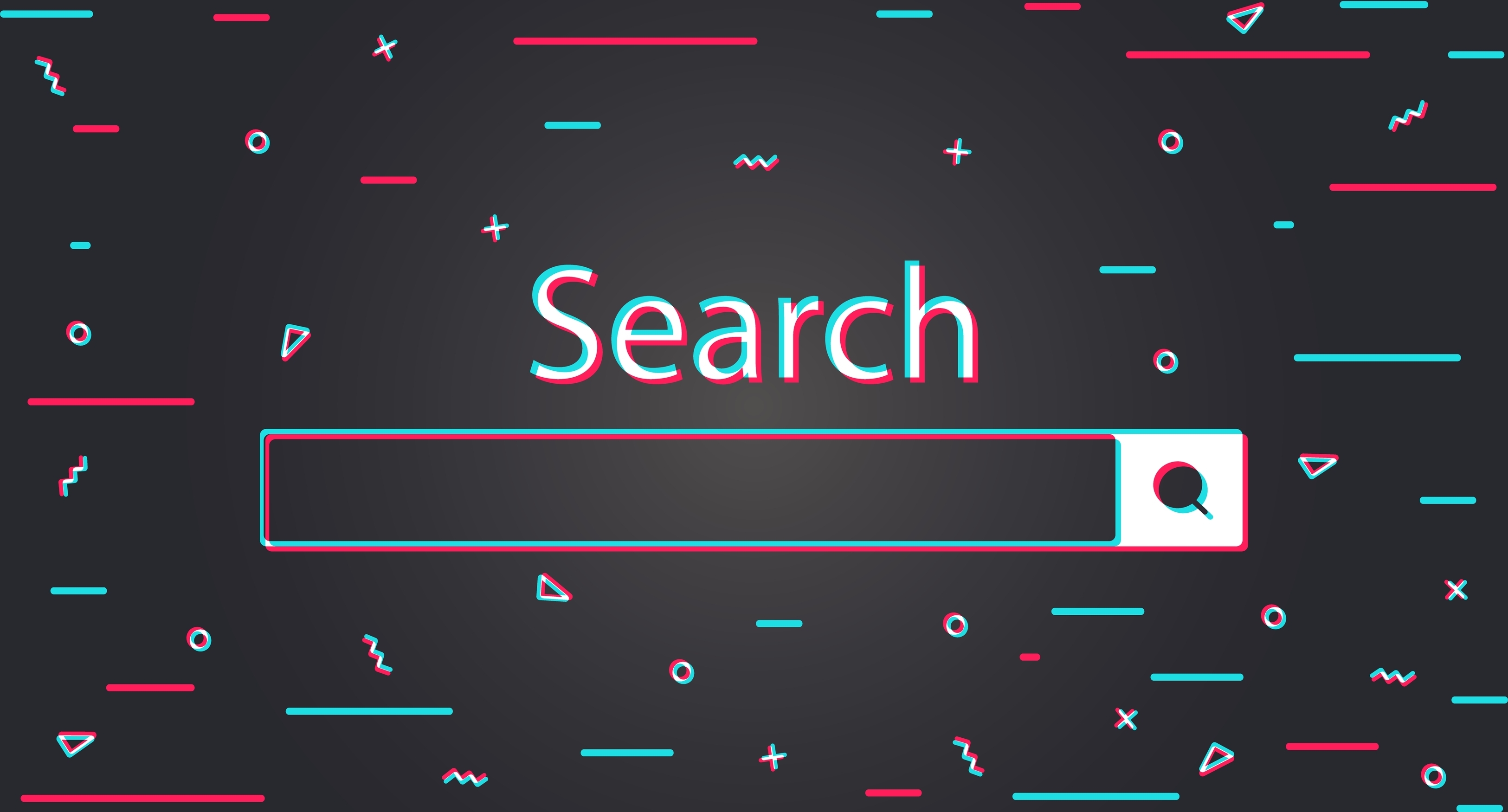
Adapting to the Modern Search Landscape: Digital PR vs. Manual Link Building
Adapting to the Modern Search Landscape: Digital PR vs. Manual Link Building
For years, we've been told that "links are the currency of the web," and that was certainly true in the past.
However, in the digital realm, relationships have emerged as the new currency. In this age of semantic search, it's becoming increasingly evident that digital PR is surpassing manual link building in importance.
In this article, we explore why manual link building is losing its power and practicality in comparison to digital PR.
Relationships: The New Currency of the Internet
In recent years, we have witnessed Google's shift toward becoming a semantic search engine. While backlinks still play a role (and most probably always will), their significance has diminished in light of Google's powerful knowledge graph and machine learning capabilities.
Traditionally, Google thrived on links. The more links featured, the better. However, as the internet continues to evolve at a rapid pace, things have changed.
Today, Google is a much more mature entity. It is curious about the world, it asks questions about websites, it tries to understand who is behind a website, and what its purpose is.
To answer these questions, it considers various ranking factors. And while links play a part, they are taken into consideration within a context.
The Evolution of Link Building
Despite these changes, many people continue to employ outdated link-building strategies.
Agencies still rely on guest posts, spammy mass outreach emails and blog commenting. However, these tactics have become far less effective.
Instead, SEO professionals have turned their focus to content as an alternative. There are so many case studies showcasing significant increases in website traffic achieved through content creation alone – without link building. The question arises: why is this shift happening?
The Rise of Topical Authority
High-traffic websites with limited authority are succeeding by establishing topical authority.
Essentially, they convince Google that they are experts in a particular field through their in-depth knowledge, which stands as a testament to their authority.
That being said, this approach comes at a cost. Quality content doesn't come cheap, and even with AI, human oversight is of paramount importance.
However, reading through pages and pages of content takes time, making it less useful for brands or businesses. As a result, the focus is circling back to link building.
Links as Relationships
Going back to the idea of Google as a strong source of knowledge, imagine a link as a way to convey information.
Google has evolved so much over the years and is now more interested in being educated – rather than in simply finding things. This is the fundamental difference between digital PR link building and manual link building.
Manual link building attempts to game the system, effectively trying to deceive Google.
On the other hand, digital PR link building aims to educate Google, helping it to better understand entities, whether they are individuals, businesses or brands. Each link serves as a lesson that aids Google in forming mental relationships between these entities.
Natural Links as Votes of Confidence
Natural links can be likened to votes of confidence. They expand on topics and contribute to search engine education. They tell Google, ‘This is a valuable site, take a look.’ These links occur naturally and within context, and are distinguishable as authentic by SEO experts.
Manual link building has sought to replicate this process, as businesses can't wait indefinitely for organic links. However, this gave rise to a multi-billion-pound global industry that essentially fed Google with incorrect information.
Digital PR Link Earning: It’s Significance
Digital PR link earning focuses on obtaining links through data, expert commentary and stories. It involves collaborating with journalists who need expert insights for their stories or curating data that sheds light on significant global events.
These links come from sources that Google trusts, and are sites with recognised authority. They generate traffic almost immediately, appearing in news and discovery feeds.
Google recognises the relationship between these links, comments or data and a business, understanding that the business is an expert. The media helps Google make sense of the world and comprehend the nature and purpose of websites.
A New Era for SEO
While both manual link building and digital PR have their merits and challenges, modern SEO's default approach should lean toward digital PR.
The ability to establish relationships and educate Google is becoming increasingly valuable, aligning with the evolving semantic search landscape.
Manual link building still has its place, particularly for certain websites, but the power of digital PR in enhancing search engine understanding and website visibility is a compelling argument for its adoption in the modern SEO toolkit.
Reach out to the team at EWM for the most empowering digital marketing strategies.